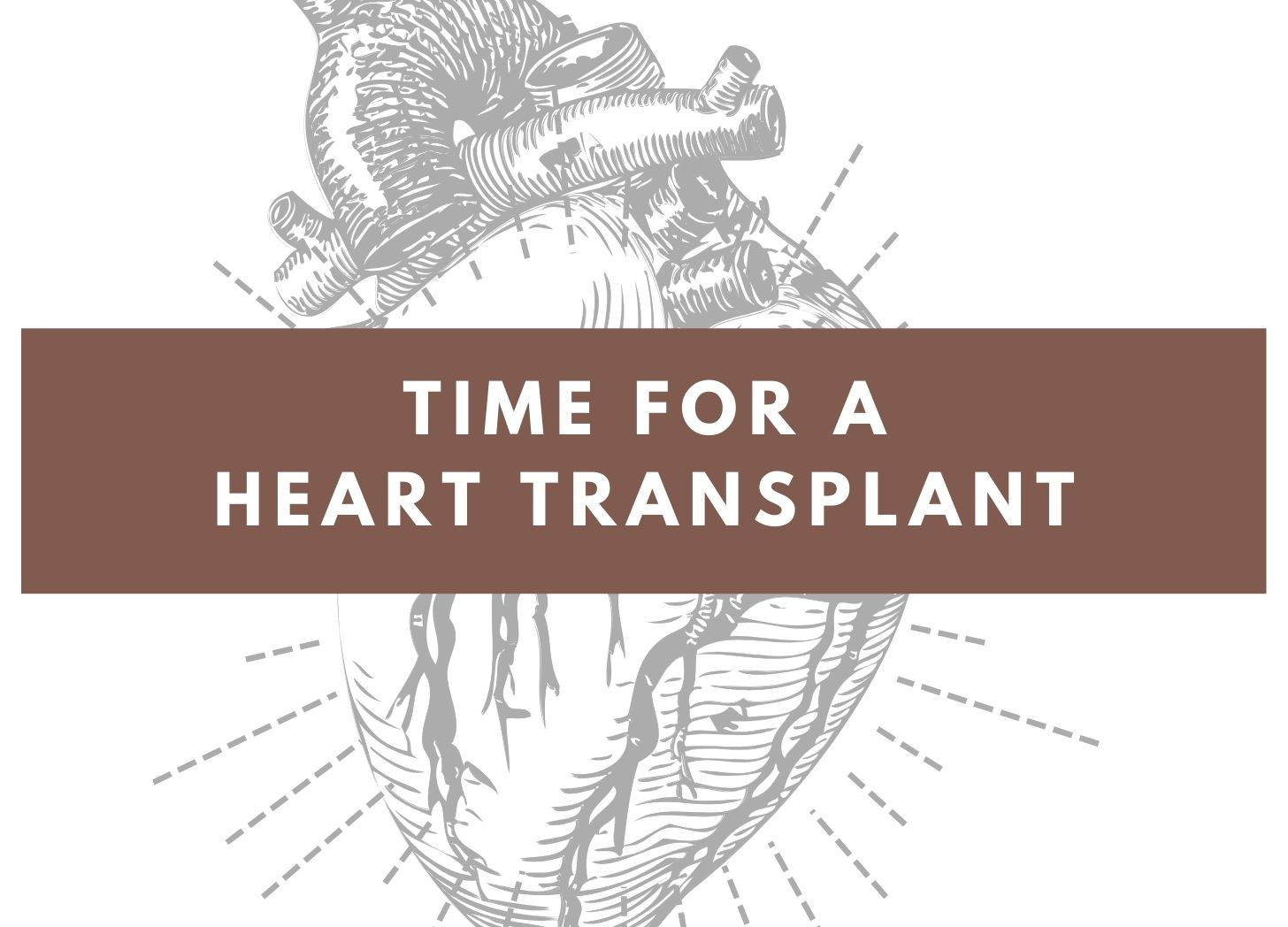Now the Canadian medical system needs a heart transplant 💙
MAiD expansion to mental health is paused! 🎉 Now what?
The expansion of medical assistance in dying (MAiD) to mental health will be paused until 2027 in Canada. The decision will save lives.
As I wrote last week, the expansion of euthanasia seemed inevitable. The Liberal Party, which recently signalled its confidence that sufficient safeguards were in place to offer the cost-saving, life-ending procedure, changed its mind.
This article was first published in The Christian Post.
Their eleventh hour decision to pause MAiD is a signal that the loud cries of concerned Canadians and critics from around the globe have temporarily slowed down one of the world's “most permissive euthanasia regimes.”
The Canadian Health minister admitted what mental health experts, doctors, opposition members of Parliament and average Canadians clearly understand: Canada is not ready to end the lives of people with treatable mental illness.
Nor should it ever be.
What the regime needs now is a heart transplant, so it can imagine a Canada in which life-saving treatment for people suffering is offered more readily, no matter the cost.
Watch our series MAiD in Canada for free on UnveilTV.
A government that can find ways to shell out billions of dollars to management consultants, channel billions more to help people in other countries, with the natural resources, innovation and talent most countries would dream to possess, can find a way to fund health care so that vulnerable Canadians have the social support they need. Making mental health treatment available to all who need it is a good place to start.
However, let’s not expect life-changing answers from a government already short on ideas, that views healthcare through a lens of scarcity and without creativity.
Canadians from all parts of society need to lean into this moment, to not only raise their voices on behalf of the marginalized and vulnerable, but to offer solutions. If we learned anything this week it's that when people from all walks of life raise their concerns and cry out, public policy makers have to listen.
While access to doctor-assisted suicide for mental health won’t be readily available in 2024, the despair and suffering of people across Canada will not disappear. The many suffering individuals who planned to take advantage of the procedure to end their lives once MAiD expanded to mental health need help.
The pause to expansion ought to be permanent. As we pray and advocate for that policy decision, which will prevent the needless loss of thousands of lives in the future, we must find ways to support Canadians who suffer now.
It’s an opportunity for communities, and especially communities of faith, to do what the government cannot do: bring people together and provide hope in the midst of suffering and despair.
A lot can happen in a week. Imagine what good can be done in the years ahead.





Yes, the pause has been good news, but the work is not over, as you describe. The heart transplant will be incredibly difficult. The current sickness officially started 10 years ago when the Canadian Medical Association withdrew from the World Medical Association so it could go neutral on assisted suicide and change its ethics. However it has even deeper roots in eugenics in the early 1900’s. And, of course, even deeper than that as man thinks he can be his own god.
Part of the solution is not to depend on government. Communities of care need to rise up and offer support, and we need to lose the idea that health care is free. It is not. There is a cost. And for true care we all need to pitch in. We need to make care so good that no one would even think of assisted suicide, but would want the care and love of their community until their journeys end in natural death.